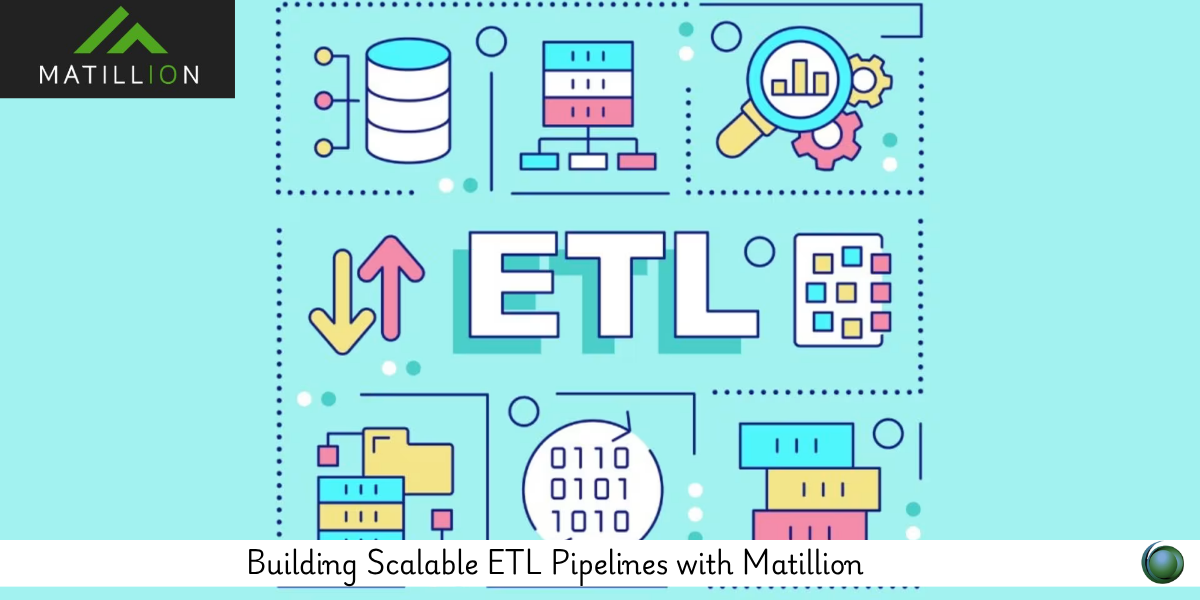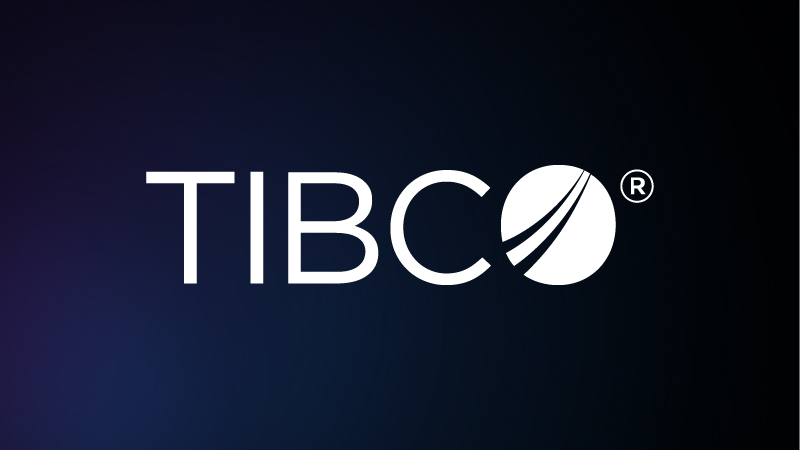Description
Introduction
As data volume and complexity grow, organizations need ETL pipelines that are not only functional but scalable, efficient, and cloud-ready. This course is designed to help data engineers, architects, and advanced users build robust ETL pipelines using Matillion. You’ll explore performance optimization, modular design, workload management, and best practices for cloud data warehouses like Snowflake, Redshift, and BigQuery. By the end of this course, you’ll be equipped to design, deploy, and maintain production-grade ETL pipelines that scale seamlessly with business demands.
Prerequisites
-
Solid understanding of ETL/ELT concepts
-
Hands-on experience with SQL and cloud data warehouses
-
Prior exposure to Matillion ETL interface
-
Familiarity with data pipeline design and workflow automation
Table of Contents
1. Foundations of Scalable ETL Design
1.1 What Makes an ETL Pipeline Scalable
1.2 Key Architectural Patterns for Scalability
1.3 Choosing Between ELT vs ETL in the Cloud
2. Environment Setup and Configuration
2.1 Defining Environments and Projects
2.2 Using Version Control and Git Integration
2.3 Configuring Resource-Specific Parameters
3. Efficient Data Extraction Techniques
3.1 Managing High-Volume Source Data
3.2 Incremental Loads and Change Data Capture (CDC)
3.3 API Rate Limiting and Batch Control
4. Designing Modular ETL Workflows
4.1 Reusable Job Components
4.2 Parameterization and Metadata-Driven Jobs
4.3 Sub-job Execution and Dependency Chaining
5. Optimizing Transformations at Scale
5.1 Pushdown Optimization and SQL Generation
5.2 Memory and Query Optimization in Cloud Warehouses
5.3 Working with Partitioned and Distributed Tables
6. Data Load Strategies and Performance Tuning
6.1 Bulk vs Trickle Load Techniques
6.2 Managing Load Failures and Recovery
6.3 Load Balancing Across Jobs
7. Automation and Scheduling
7.1 Using the Scheduler for Scalable Pipelines
7.2 Integrating with Cloud Orchestration Tools (e.g., Airflow)
7.3 Event-Driven and Trigger-Based Pipelines
8. Monitoring, Logging, and Alerting
8.1 Configuring Job Logs and Audit Trails
8.2 Setting Up Alerts for Failures and Thresholds
8.3 Leveraging Usage Metrics and Job Duration Insights
9. Real-World Pipeline Case Studies
9.1 Scalable Retail Analytics Pipeline
9.2 Streaming IoT Data Pipeline with Matillion
9.3 Multi-Tenant Architecture with Shared ETL
10. Governance and Best Practices
10.1 Versioning and Deployment Guidelines
10.2 Data Quality Checks and Audits
10.3 Team Collaboration and Access Control
Building scalable ETL pipelines with Matillion requires thoughtful design, performance tuning, and workflow automation. This course empowers you to develop data pipelines that are resilient, efficient, and maintainable in production environments. By mastering modular architecture, cloud optimization, and operational monitoring, you’ll be equipped to lead enterprise-scale data integration initiatives with confidence.







Reviews
There are no reviews yet.